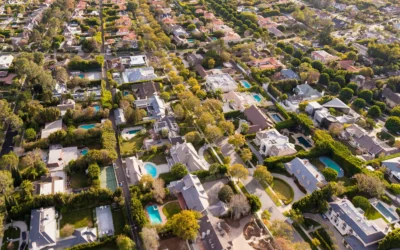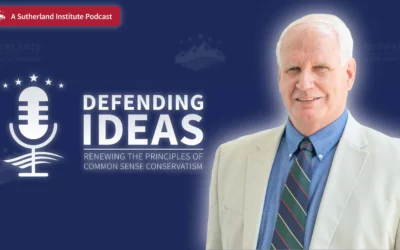
Written by The Likely Voter
September 14, 2023
![]()
The recent revelations that the FBI, in a now-rescinded memo, was investigating alleged threats from traditionalist Catholics, has prompted another national discussion about religious freedom. To help voters understand the full context of the story, here’s a quick summary of recent events and previous examples of government discrimination against Catholics.
The FBI allegedly sought to place undercover agents into Catholic congregations as part of its investigation, following vague and unfounded concerns of “racially or ethnically motivated violent extremists” seeking to insert themselves into traditional Catholic circles.
This investigation gained national attention following a House Judiciary Committee’s subpoena to the FBI, following misleading testimony to the committee.
This is an example of recent instances of religious discrimination against American Catholics.
“Religious people should have the right to worship without government intervention or spying,” said Bill Duncan, Sutherland’s constitutional law and religious freedom fellow, in a recent interview. “There is nothing wrong with watching for extremists and terrorists,” but attempting to persuade Catholic leadership to act as tripwires, or sources for the FBI, while misleading officials on the extent of the spying, “is too far.”
Duncan pointed out that there is a history of discrimination against the Catholic Church in America.
“The Blaine Amendments [of the late 19th century] were intended to specifically make it more difficult for Catholic schools to operate and to have access to the same funding that was available” for other schools, Duncan said.
This history, coupled with the recent story out of Massachusetts, where a Catholic couple was denied the ability to foster children due to their religious beliefs, prompted Duncan to urge people of all faiths to remain united in defense of religious freedom.
Government spying in this way has not been limited to the Catholic Church. Duncan, among other things, mentioned the FBI’s disturbing wiretapping of Martin Luther King Jr. at the peak of the Civil Rights Movement.
“The situation with Martin Luther King Jr. was particularly egregious because there really doesn’t seem to be any kind of underlying crime,” Duncan said. “It seemed to be mostly just political disagreement.”
Given the fact that there’s a history of treating religious groups – not limited to Catholics – unfairly, the FBI should take greater care to ensure it has just cause when investigating potential threats and isn’t inadvertently engaging in religious discrimination.
Additionally, Duncan stressed that people – both religious and nonreligious – should be willing to speak up in defense of religious freedom. After all, Duncan pointed out, “once there was public outcry about the memo, the federal government backed off.”

For a more in-depth perspective on this article, read our Insights piece here.
Takeaways: the most important things voters need to know. For civically engaged citizens.

- Government surveillance in religious worship and practices goes too far.
- This latest story is not the only example of the federal government going too far in its treatment of religious groups.
- When united against discrimination, public opinion goes a long way in holding the government accountable.
More Insights
Read More
Protecting property rights against government overreach
While governments can continue to regulate land use, these regulations and fees must be justified by a government interest and proportional to the effect of the development’s impact on that interest.
Do we need to care about the Utah State Board of Education?
For any Utah voters who also feel like K-12 public education is headed in the wrong direction, learning about the candidates running for a seat on the Utah State Board of Education (USBE) is a wise choice this election season.
Defending education choice the right way
Education choice has exploded in popularity across the nation in recent years. So why does it remain a contentious point of debate in some parts of the country?



